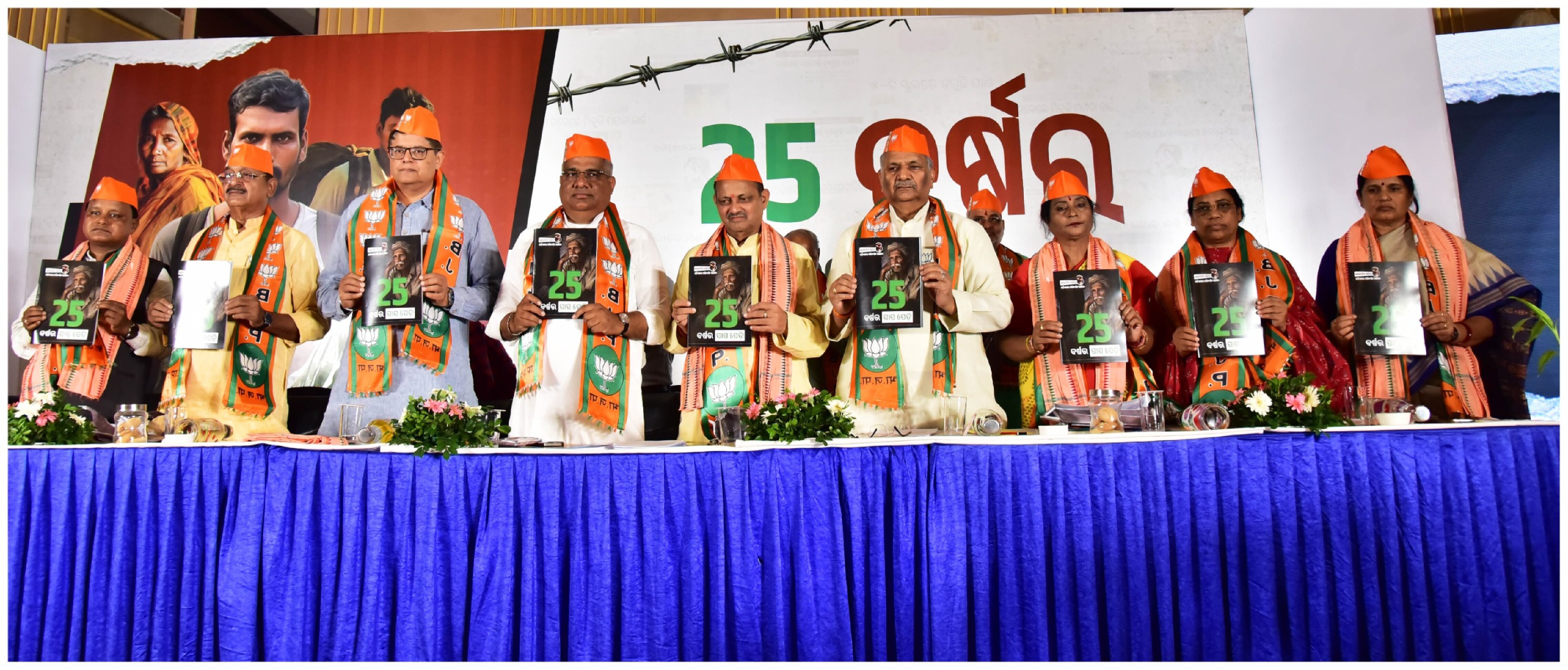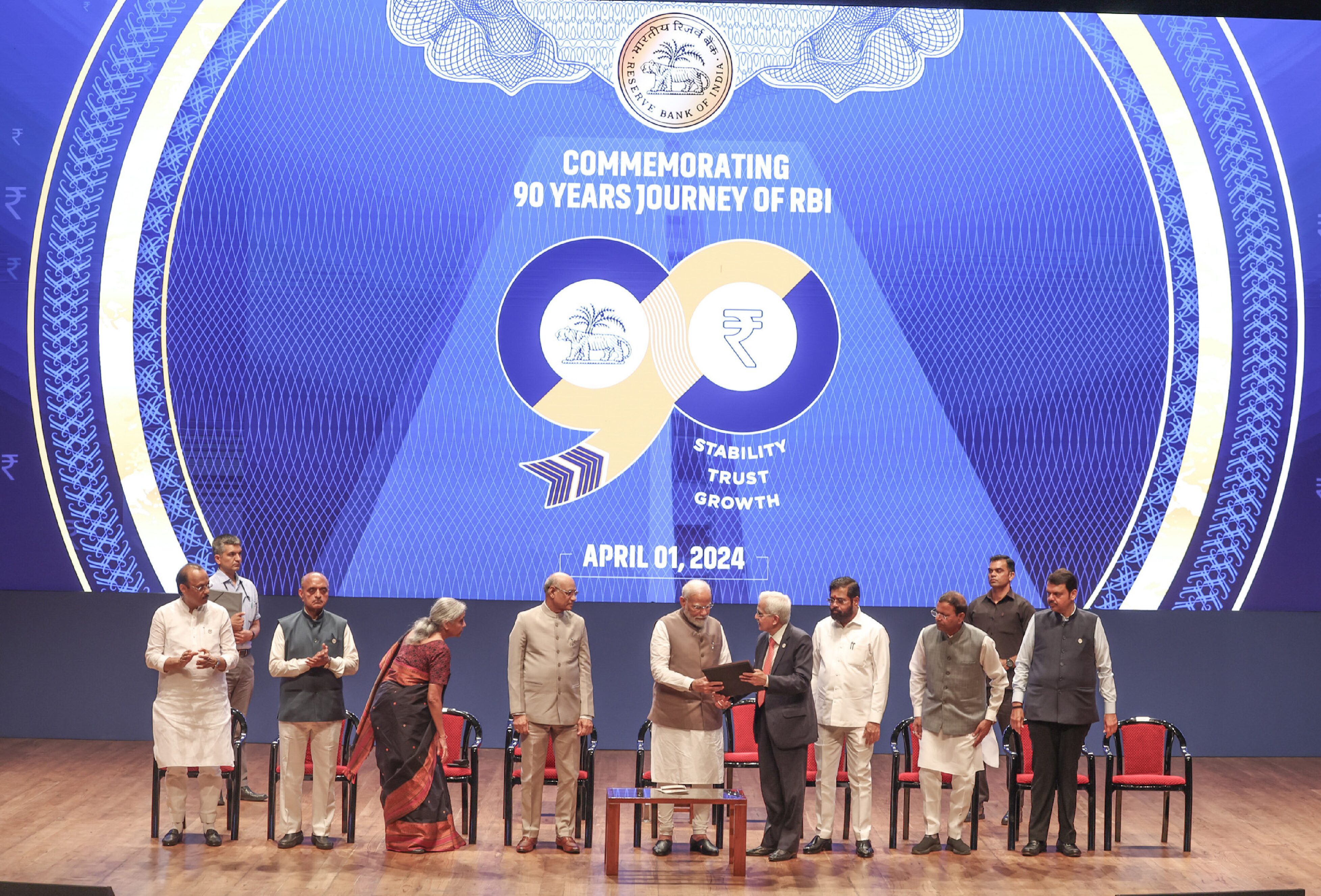Union government’s priority is to vaccinate people aged 45 years and older, health workers, Covid warriors and frontline workers engaged at the government hospital, while the responsibility of vaccinating people between the ages of 18 and 45 are entrusted to states. Many states, including Odisha, have already announced that vaccinations are free at government-run hospitals. The total population of the country is estimated at 133 crores out of which more than 84 crore people are now eligible for vaccination, those who are more than 18 years.
In the meantime, there has been a significant change in the vaccination landscape, as well as changes in the cost estimate. India is the only vaccine-producing country that is opening up domestic markets for vaccines and encouraging citizens to buy vaccines. Foreign vaccine manufacturers are looking forward to entering India’s big domestic market. So far, only three vaccines have been approved for use in India by the General Directorate of Drug Control (DCGI), Covishild, Covaxin and Sputnik V. Sputnik is priced at Rs 996 per dose. It is a fact that importing and vaccinating foreign vaccines will surely cost more for India.
As the Union government looks to approve foreign made covid vaccines that have clearance for restricted use from regulatory authorities in the US, The European Union, the UK and Japan, apart from the ones, listed by WHO, the immediate candidates in the reckoning would be those from Pfizer/BioNTech, Moderna and Johnson & Johnson (J&J) or Janssen. That brings us two important questions – how much are they likely to cost in India and do these companies have the capacity to manufacture enough to supply to India, within 2 months?
Among these three companies, J&J’s vaccine is priced the lowest per dose. UNICEF data showed that one dose of it costs an estimated $9 in the European Union and $10 in the US, which would roughly correspond to Rs. 675-750 per shot in India. J&J’s vaccine would also require only one jab, so this means that the overall cost to get vaccinated would amount only to Rs. 675-750, if the shots are imported; the import duties are waived off and no additional costs are incurred.
The Moderna and the Pfizer/BioNTech vaccine prices stand at an almost equal footing with each other. One dose of the Moderna vaccine costs $18 in the European Union approximately, and $15 in the US, per data from UNICEF. This roughly translates to Rs.1,350-1,125 per dose in India. Similarly, the Pfizer/BioNTech vaccine costs about $15-19 per dose in the European Union and $20 in the US, which corresponds to Rs.1,125-1,425 or Rs.1,500 per dose in India.
Now, both the Moderna and the Pfizer/BioNTech vaccines require two shots per person, so the Moderna vaccine would roughly cost us between Rs. 2,250 and Rs. 2,700, and the Pfizer/BioNtech vaccine, an estimated Rs. 2,250-2,850 or Rs. 3,000, if the European Union’s and the US’ prices are used as the benchmarks for reference.
If we were to look at the production capacity that these companies hope to achieve in 2021, Pfizer and BioNTech expect to ramp up their manufacturing facilities to produce up to 250 crore doses by the end of this year, per data from a recent BioNTech’s press release.
As of end-March, Pfizer and BioNTech’s BNT162b2 had the approval for emergency use in over 65 countries across the world, including the UK, the US, and the European Union. They have agreed to supply a total of 600 million doses to the European Union member states in 2021, and a cumulative of 300 million doses to the US by mid-July.
Likewise, Moderna also announced earlier that it is increasing its manufacturing facilities to produce 700 million doses in 2021 and is working to optimise its operations further to deliver up to 1 billion doses this fiscal. As of April 12, the company has cumulatively delivered about 132 million doses globally, including approximately 117 doses to the US. It has agreed to deliver 100 million more doses by May and another 100 million doses additionally by end-July to the US.
Data from Duke, Global Health Innovation Center via Launch and Scale Speedometer indicates that J&J’s planned manufacturing target for this year is 1 billion doses, and the firm has agreed to deliver a total of 100 million doses to the US by end-June.If the doses promised to the US, the EU and other countries by these companies are to be discounted for, the manufacturing targets set for this year still leaves sufficient scope for the supply of doses to India, if we were to import their vaccine shots.
While J&J’s and Moderna’s vaccines can be stored at normal fridge temperatures (2-8 degree Celsius), Pfizer/BioNTech’s vaccine is stored and transported at -70 degree Celsius (between -60 and -80 degree Celsius) and must be stored up to 15 days in a thermal shipping box with dry ice. However, per a recent release from BioNTech, undiluted frozen vials of the vaccine may be transported and stored at -25 degree Celsius to -15 degree Celsius (pharmaceutical freezer temperature) for up to a period of two weeks.
Hence, in the war against Covid, it will be prudent to join hands with Government of India and work as soldiers, if we have to win the war. Infact, we have no other option than winning the war. Politics apart, all the states of Indian Union must remember that discipline and trusting a war plan will give us the golden opportunity of victory. It will be just and wise, if the Union Government is allowed to implement its war plan without any further distraction.








































